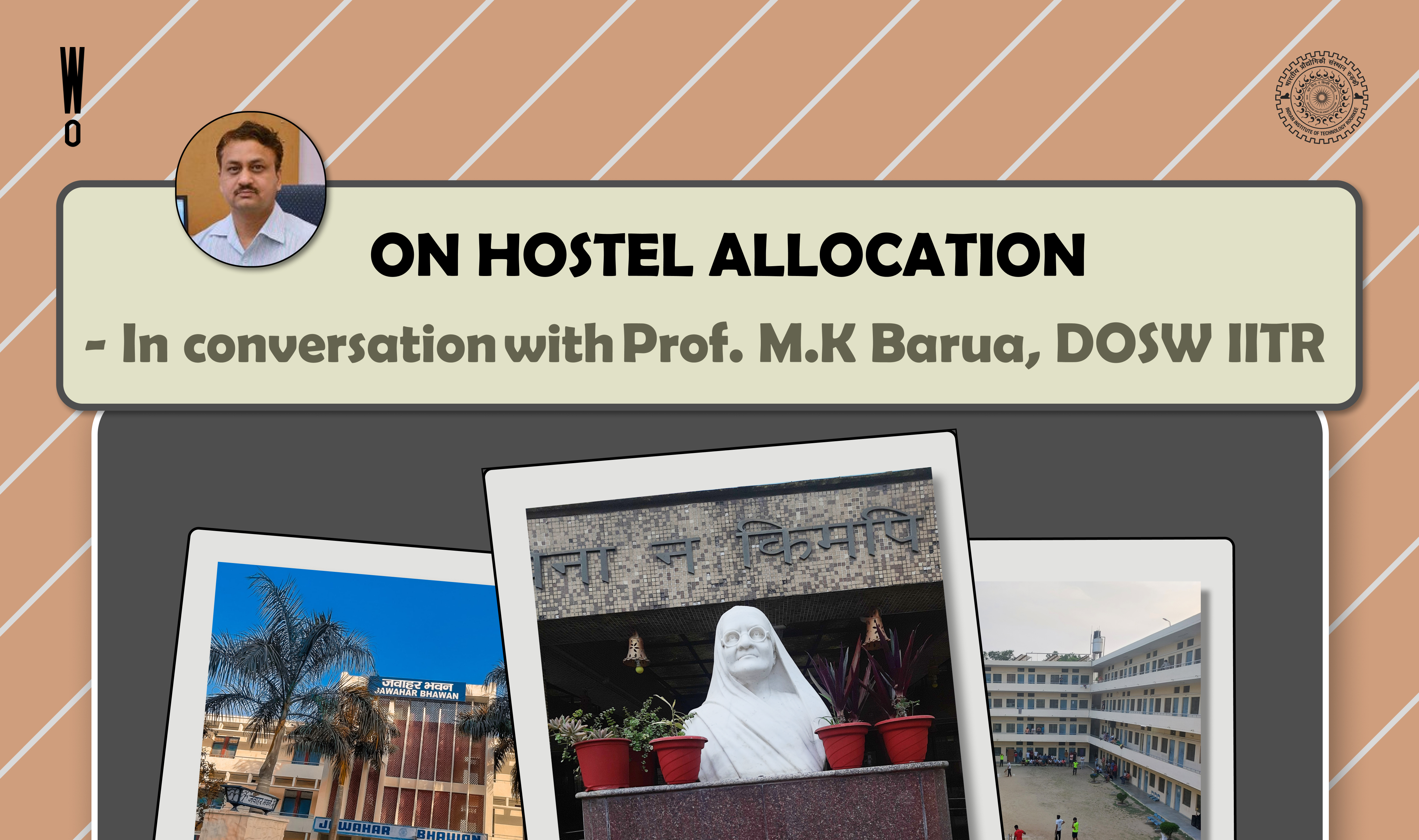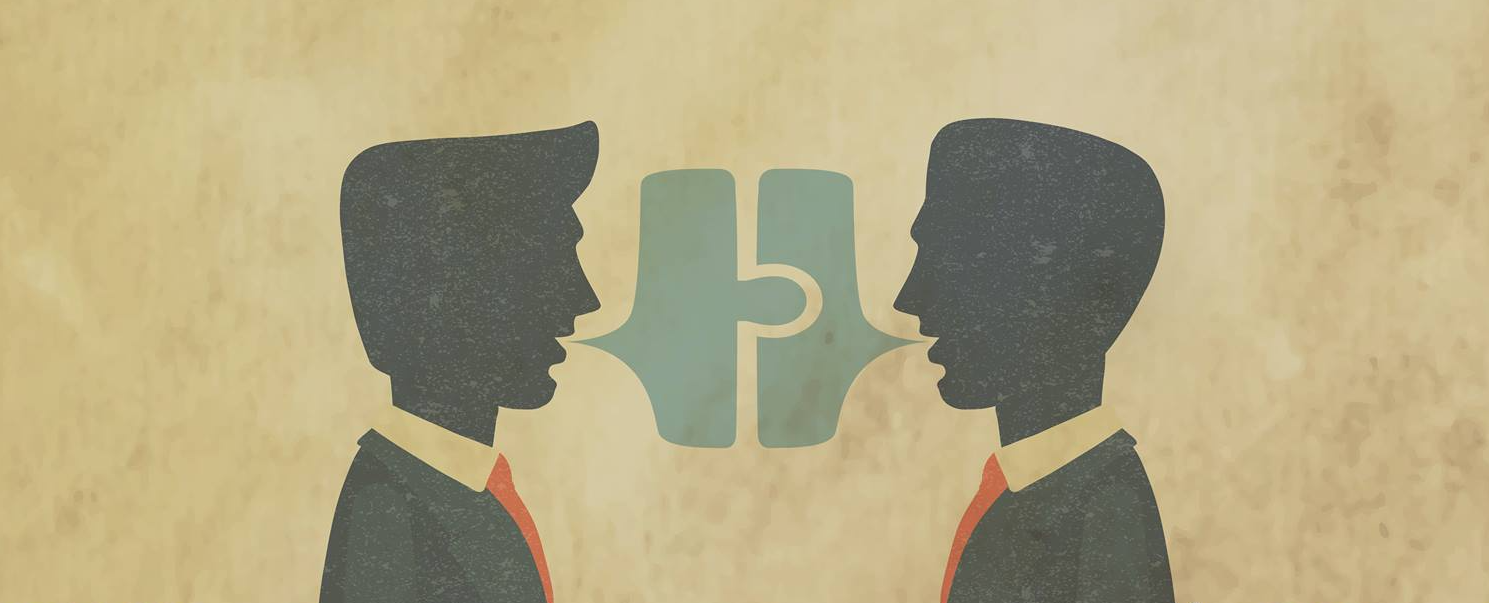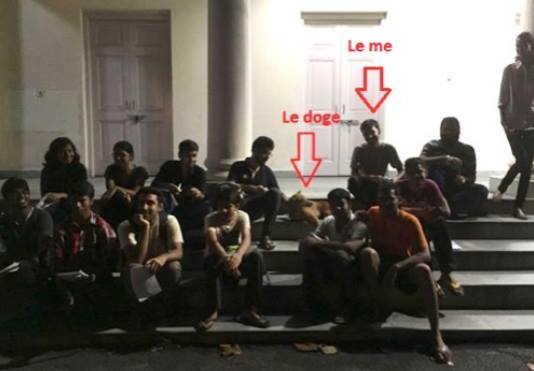

Body of IITR

Oh, it’s a world of difference. At debating contests in schools, the focus is much more on how well you speak rather than on what you speak. For most of my life as a debater at school I was flustered by how good elocutionists with rather nonsensical speeches in terms of content, trumped the rest of us in a breeze. College debating differs in that aspect. Here, all that we really care about is the quality of your arguments. If your logical abilities and case building are sound, you should be able to take the debate even if your elocution isn’t state of the art.
Another major difference is the casual attitude. At school you have a panel of strict principals and teachers sitting as judges who will judge you right from the shine of your shoes to the length of your hair. At college, no one cares. The tournaments are exclusively conducted only by students. Everyone from the organisers to the speakers to the judges are students. No one cares about how you dress, how formal you are, or if you use the F-word. We only care about the argument you are making.
We are IIT Roorkee’s official body in the pursuit of debating in English language. As such, it is us who train students and represent the college in national and international level debating tournaments around the world. We follow specific formats of debating, namely the British Parliamentary and Asian Parliamentary Format, and spend as many evenings as we can on perfecting our skills in it. In addition to the frequent debates, we have weekly sessions called Argumentative Weekends, open to the entire campus, meant for us to expand the scope and depth of our knowledge as much as possible
The Debating Society has 7 secretarial posts spread across the second, third and fourth yearites. After recruitments in the beginning of each year, a corpus members are recruited who are intensively trained with the purpose of excelling in tournaments. In addition, we conduct weekly events open to the entire campus where we welcome anyone to learn from us, teach us and hone their skills in debating.
Intelligent Company, without a doubt. We can all more or less agree that each of us likes to hang out with people of a certain intellect. While I myself may not be very smart, I enjoy the company of smart people. It can often be difficult to find a high concentration of such people in a randomized social structure. The Debating Society helps sort that out for me by flocking together a good sized bunch of them in one place.
Yes. When we participate in school debates, they do not all conform to the same set of rules. There is no uniformity. However, there do exist standard formats of debating around the world. Popular among these in India are Asian and British and Parliamentary Debates. Each of these format has set prescriptions in terms of how many teams there are, what the number of speakers in each team is, what role each of them have to play and so on.
For example, most debates we have on campus are conducted in the 3x3 Asian Parliamentary Debating Format. What this means, is that each debate will have 2 teams with 3 members each.
One team will be the proposition (prop) and the other will be the opposition (opp). The topics will be given to both teams 20 minutes before the debate starts. The debate will begin with the first speaker from prop followed by one from opp and so on. Each member of the team will adhere to some specific rules prescribed for them. Every speech will be 7 minutes long. After the speeches, the first six speeches, there are smaller reply speeches. And it goes on. The summation of all these rules have to be followed when you are doing such a parliamentary debate. One needs to attend our workshops on the subject to gain an in-depth knowledge of the format, but I hope this gives you an idea.
In the past years we have participated in at least over a dozen debates against many different colleges and hold a victory in the majority of them. Notable tournaments were at KNC and Hansraj 2017, IITD PD – 2016 and 2017, NLU D – 2017 and 2014 along with many more. Our team were semifinalists at the inter IIT Debating Championship and Arnav from the team adjudged the final debate of the tournament.
There was a time when we suffered quite a lot to the administrative apathy. But thankfully, last year saw a change at the helms and we have been able to thrive since then.
One problem that still remains that the admin often doesn’t understand the kind of debating we do at college. Explaining the entire structure of a parliamentary debate and the sheer effort it takes for us to excel at it is quite difficult to explain. We are often expected to garner crowds and fill auditoriums in the way that the performing sections do (and they do it quite well), except that they do not understand we aren’t at school. Parliamentary debates don’t work like debating at school where you can any number of people stand on stage and hear each of them repeat the same things that all of them stole from one book on the topic. Our debates are spontaneous and usually explore each topic to such depths that if someone lacks the context to it, they just won’t enjoy it. That we aren’t a performing section, is rather difficult to explain. Our job is to practice immensely and represent the college in debates, not to fill our auditoriums and entertain.
That aside, our biggest concern remains with the need for a room. A room is the fundamental thing you require for conducive debates. We are a rare college whose debating society still decides its schedule at the mercy of the weather and debate under the open sky, often among dogs*. The explanation of the admin is that they don’t have rooms to give, or want us to inform them of a debate before the debate is scheduled, but our problem still stays. We need a dedicated space to debate whenever we want.
